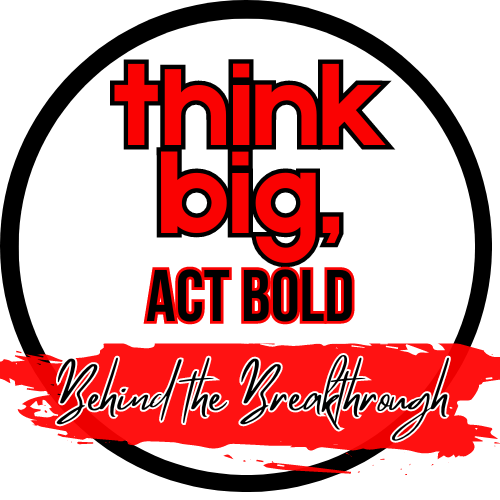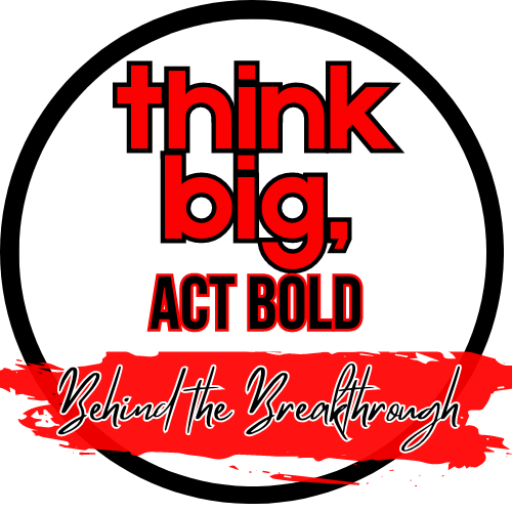Do you ever feel like you don’t have enough expertise to pursue your goals? Do you hesitate to speak up or share your ideas because you don’t feel like an expert in your field? If so, it’s time for a mindset shift.
The truth is, you don’t have to be an expert to make a valuable contribution. Whether you’re starting a business, launching a project, or pursuing a personal goal, your willingness to contribute your skills, ideas, and perspective can be just as valuable as expertise.
Here are some reasons why being a contributor can be more important than being an expert:
- It allows you to approach problems with a fresh perspective.
Sometimes, being too focused on expertise can limit our thinking. We may assume that there’s only one way to solve a problem, based on what we’ve learned from our field. But when we approach problems as contributors, we’re more open to exploring different options and thinking outside the box.
- It helps you connect with others and build relationships.
When we approach others as experts, we may unintentionally create a power dynamic that makes it hard to build relationships. But when we approach others as contributors, we’re more open to collaboration and partnership, which can lead to more meaningful connections and opportunities.
- It allows you to take risks and learn from failure.
When we approach our goals as experts, we may be afraid to take risks or make mistakes, because we feel like we should already know everything. But when we approach our goals as contributors, we’re more willing to experiment and learn from failure, because we recognize that our value is not solely based on our expertise.
So, how can you shift your mindset from being an expert to being a contributor? Here are a few tips:
- Focus on your strengths and skills, rather than your expertise.
Instead of thinking about what you don’t know, focus on what you can contribute. What skills do you have that can be valuable in pursuing your goals? What unique perspective can you bring to the table?
- Be curious and open-minded.
Don’t be afraid to ask questions and seek out new information and perspectives. Embrace a growth mindset that sees every challenge as an opportunity to learn and improve.
- Build relationships based on collaboration and partnership.
Approach others as potential collaborators and partners, rather than as experts to be impressed or intimidated by. Seek out people who complement your skills and strengths, and be willing to learn from them.
In conclusion, being a contributor can be just as valuable as being an expert, if not more so. By shifting your mindset from expertise to contribution, you can approach your goals with a fresh perspective, build meaningful relationships, and take risks and learn from failure. So, be a contributor, not an expert, and see where it takes you!

